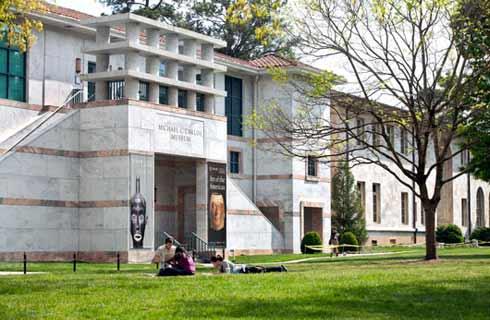课程简介
Not only does every human disease and condition have a hereditary component, but genetic studies also encompass all aspects of molecular genetics of development, differentiation, aging, evolution and death. Thus, an understanding of genetics is an important foundation for many disciplines within the biological sciences. The role of genetics in normal and disease processes is a focus in numerous laboratories of faculty members. For students to receive a transcript designation of genetics, she/he will use advanced methods to study basic mechanisms of inherited or acquired traits, among them cancer, heart disease, diabetes, neuropathies, developmental disorders or infectious diseases. Potential advisers use model systems from bacteria to homo sapiens to investigate causes, molecular mechanisms, diagnosis or treatment of diseases or conditions: from autism to zebrafish development, from autoimmunity to splicing mechanisms, from age-associated CNS changes to genetic contributions to human variation, from mechanisms involved in acute leukemia to X-linked developmental disorders, from molecular genetics of addiction to genetics of DNA repair, from predisposition to common cancers to cancer prevention research, from evolutionary history of organisms to mechanisms of VDJ joining. There are more than 40 faculty members with a genetic theme to research in their laboratories, with ultimate goals related to understanding human disease states. Potential advisers are in several departments, as well as centers, with access to shared resources that facilitate students introduction to state-of-the-art methods for massive parallel analyses of gene and protein expression.
展开




































